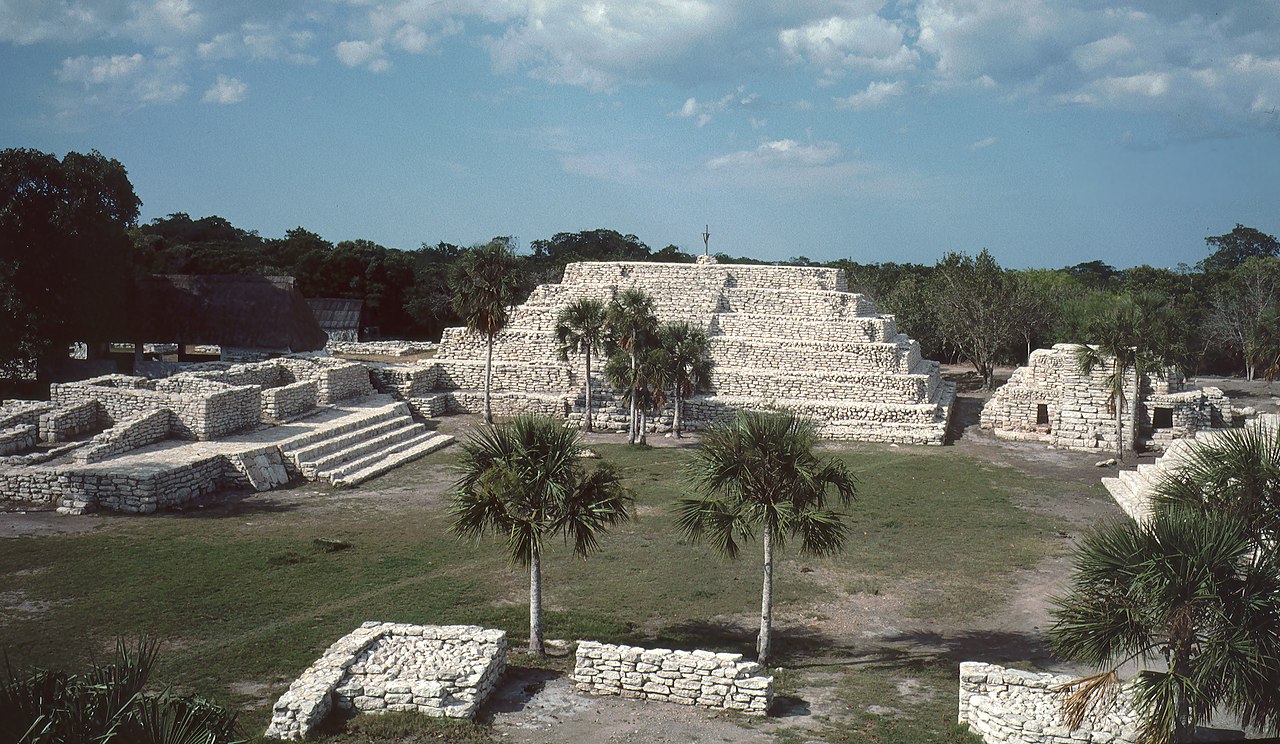Xcambo Mayan Ruins

Perhaps one of the reasons the Riviera Maya is so popular is the things to see and do it offers visitors with a wide variety of interests. While some are looking to socialize at the trendiest beaches, bars, and resorts, many others want to learn more about Mexican history and culture. There’s so much to see in the Yucatan Peninsula for them, and we’re not just talking about famous sites like Chichen Itza and Palenque. At the small Xcambo Mayan Ruins, for instance, visitors get to see something not found anywhere else.
Where are the Xcambo Mayan Ruins?
Xcambo is located east of Puerto Progreso, a fishing town a few miles north of Merida, Yucatan’s capital city. Though small, the town is a popular destination for those looking for a few days of peace and quiet, and Xcambo is perfect to visit whilst staying there.
Getting here from Puerto Progreso is not difficult. Follow Highway 27—which runs between the ocean and the enormous Laguna Rosada (or Pink Lagoon)—until you reach the Dzemul-Xtampu highway. Take it and, not long after you’ve crossed the lagoon, you’ll see the signs pointing you to Zona Arqueologica Xcambo.
What’s in Xcambo Mayan Ruins?
The ancient Mayan roads that link Xcambo with other important nearby cities are evidence that this place used to be an important trade center that focused mainly on the salt mines and products from the ocean. Basically, then, another version of Puerto Progreso.
Something you don’t think about often when you visit places like this is how they were planned out. We tend to think they just… began. Here, one can learn how settlements like Xcambo came to be, as every material necessary to build it can be found in the surrounding areas.
Xcambo’s peculiar building
One building certainly stands out. A Catholic church suddenly materializes among the ancient ruins. Though the Spanish evangelization of Mexico is well-known and documented, their buildings don’t usually mix with those of the former tenants. This sight, of the church among the remains of the previous civilization, says a lot about human history as a whole.
